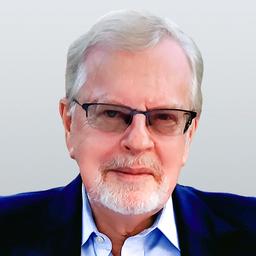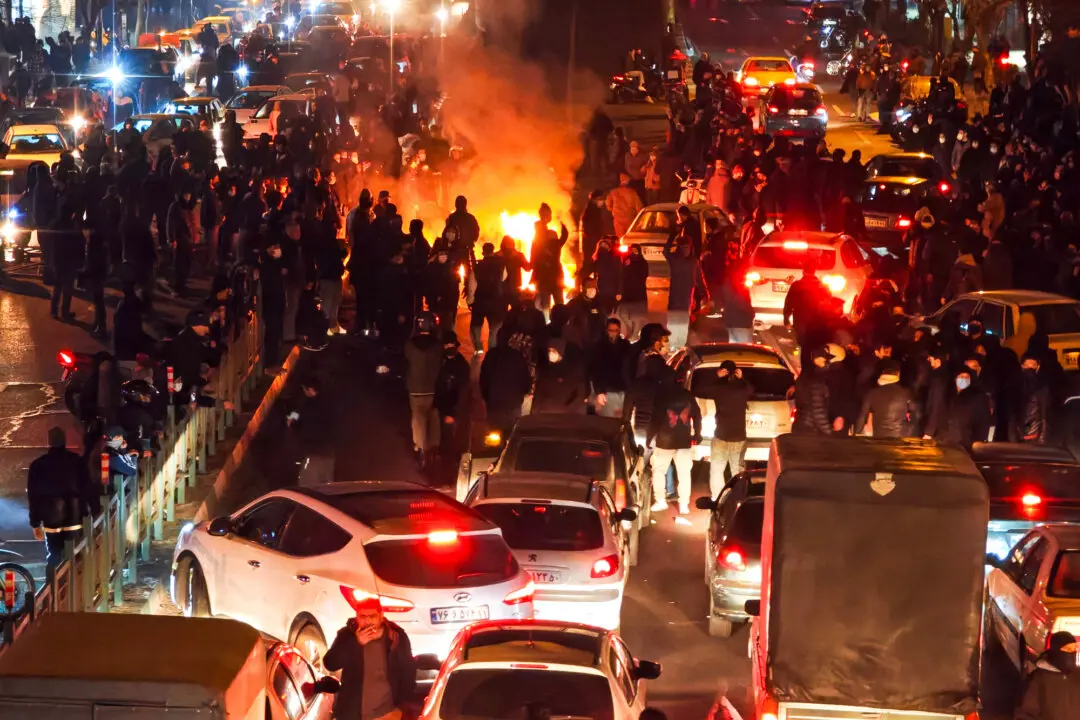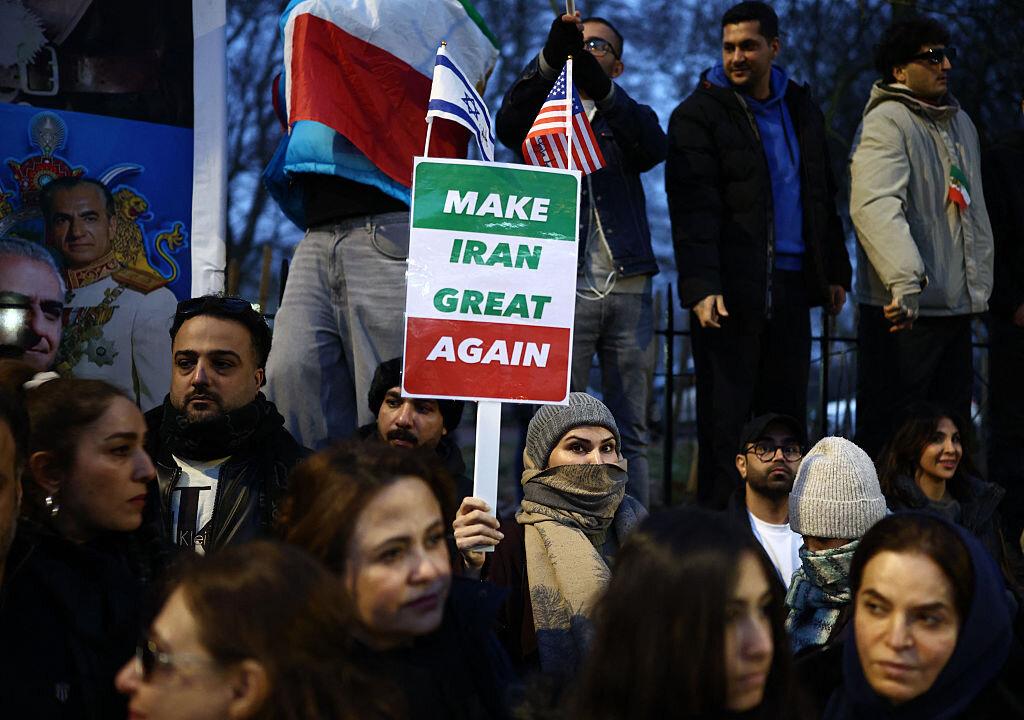Commentary
We have been living through an age of apocalyptic fears. The sky has been falling; nuclear winter was coming; climate change would end all life; gender politics would destroy the family unit and, therefore, the nation; pandemics would end humanity; autocracy would replace democracy, etc.





